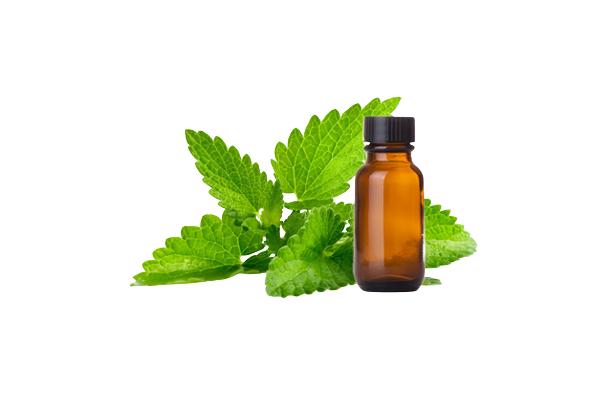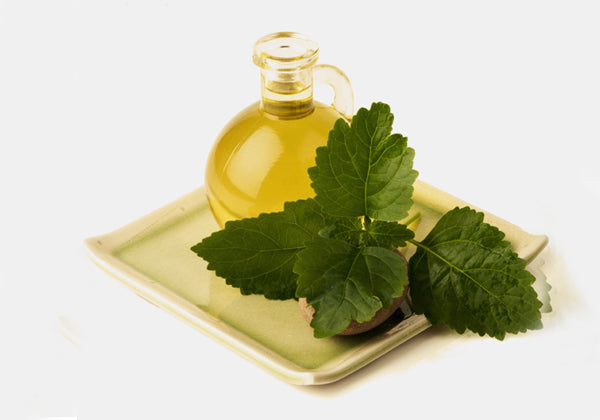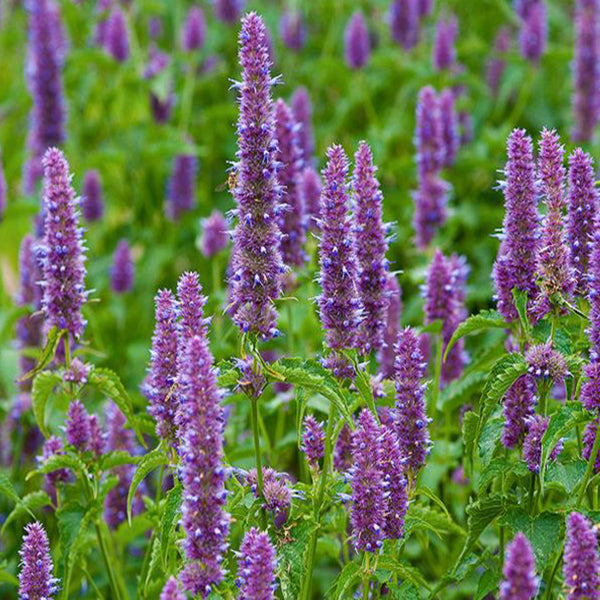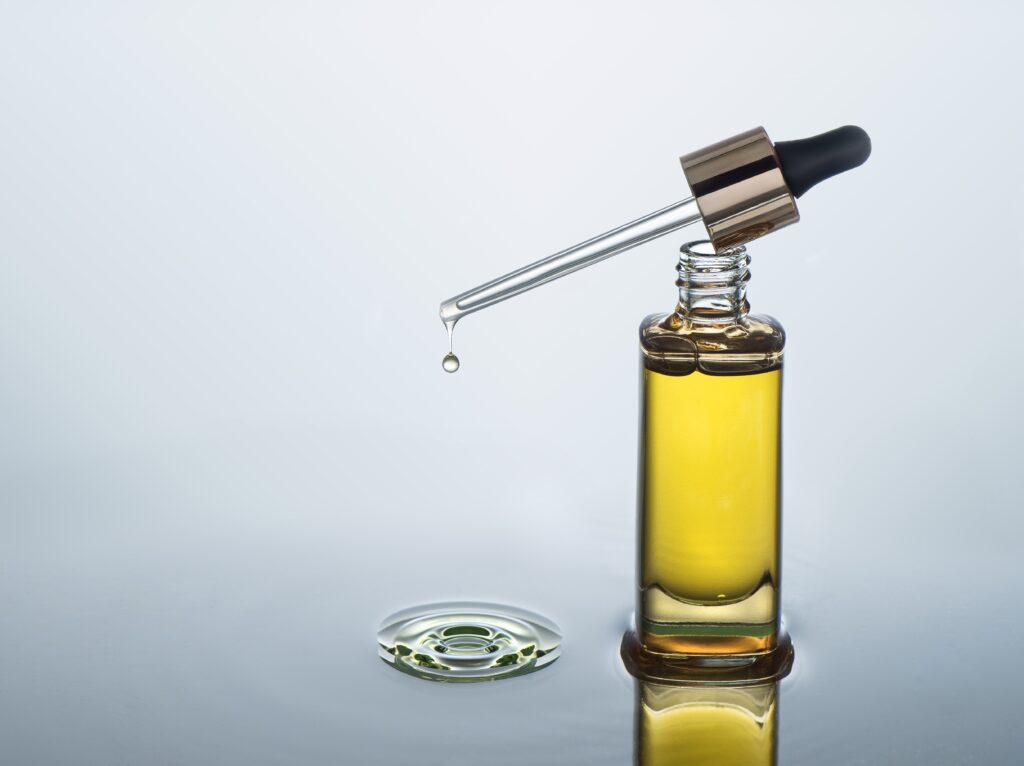Patchouli Oil
Patchouli oil is primarily valued for its chemical composition, which includes various compounds that can be used in the production of fragrances, cosmetics, and other industrial applications. Patchouli oil in the chemical industry is primarily focused on its aromatic and therapeutic properties. As with any industrial application, adherence to safety and regulatory standards is crucial. Manufacturers often conduct quality control to ensure the consistency and purity of the patchouli oil used in their products.

In the chemical industry, patchouli oil finds applications in various areas, primarily due to its chemical composition and unique properties. Here are some specific applications of patchouli oil in the chemical industry:
Fragrance and Perfume Manufacturing:
- Usage: Patchouli oil is a widely used ingredient in the production of perfumes and fragrances.
- Reason: The strong, earthy, and musky scent of patchouli oil makes it a valuable addition to create distinctive base notes in perfumes.
Cosmetic and Toiletry Products:
- Usage: Patchouli oil is incorporated into cosmetics, toiletries, and personal care products.
- Reason: Its aromatic properties enhance the fragrance of products such as soaps, lotions, shampoos, and skincare items.
Aromatherapy and Essential Oil Blends:
- Usage: Patchouli oil is used in aromatherapy products, including diffusers and essential oil blends.
- Reason: The calming and grounding effects of patchouli oil make it a popular choice in aromatherapy for promoting relaxation and a positive mood.
Insect Repellent Formulations:
- Usage: Patchouli oil is sometimes included in insect repellent formulations.
- Reason: Historically, patchouli oil has been recognized for its insect-repelling properties, making it a natural choice for products designed to deter insects.
Textile and Clothing Industry:
- Usage: Patchouli oil has been explored for potential applications in the textile and clothing industry.
- Reason: Research indicates that patchouli oil may possess antimicrobial properties, which could be beneficial in textiles to inhibit the growth of microorganisms.
Flavoring Industry (Limited):
- Usage: Patchouli oil is occasionally used in the flavoring industry, contributing to specific food products.
- Reason: The unique flavor profile of patchouli oil can add distinctive notes to certain food items.
Research and Development:
- Usage: Ongoing research explores new applications and properties of patchouli oil.
- Reason: Scientists are interested in understanding the full range of chemical components and potential industrial uses of patchouli oil.
Patchouli oil, derived from the leaves of the patchouli plant (Pogostemon cablin), plays a significant role in the chemical industry, particularly in fragrance and cosmetic formulations. Its rich chemical composition, featuring compounds such as patchoulol, alpha-bulnesene, and alpha-guaiene, makes it a sought-after ingredient. Primarily utilized in perfume manufacturing, patchouli oil’s strong, earthy aroma provides a distinctive base note, contributing to the creation of unique and lasting fragrances. Beyond perfumery, the oil finds applications in cosmetics, toiletries, and personal care products, enhancing the olfactory experience of items like soaps, lotions, and shampoos. Additionally, its inclusion in aromatherapy blends and insect repellent formulations highlights the versatility of patchouli oil. Ongoing research explores potential applications in the textile industry, where its antimicrobial properties may prove beneficial. In the realm of flavoring, patchouli oil, although sparingly used, imparts its distinctive flavor profile to certain food products. The chemical industry continues to leverage the aromatic and therapeutic properties of patchouli oil, making it a valuable and multifaceted component in various formulations.
| Property | Specification |
|---|---|
| Chemical Composition | Rich in patchoulol, alpha-bulnesene, alpha-guaiene, etc. |
| Aroma Profile | Strong, earthy, musky, with balsamic and sweet undertones |
| Industry Application | Fragrance, cosmetics, aromatherapy, insect repellents |
| Major Uses | – Perfume manufacturing for distinctive base notes |
| – Cosmetic and toiletry products for enhanced fragrance | |
| – Aromatherapy blends for calming and grounding effects | |
| – Insect repellent formulations for natural deterrence | |
| Textile Industry | Under exploration for potential antimicrobial applications |
| Flavoring (Limited) | Occasionally used to add a unique flavor to certain foods |
| Research Focus | Ongoing studies to uncover additional applications and properties |
| Notable Compounds | – Patchoulol |
| – Alpha-bulnesene | |
| – Alpha-guaiene |



